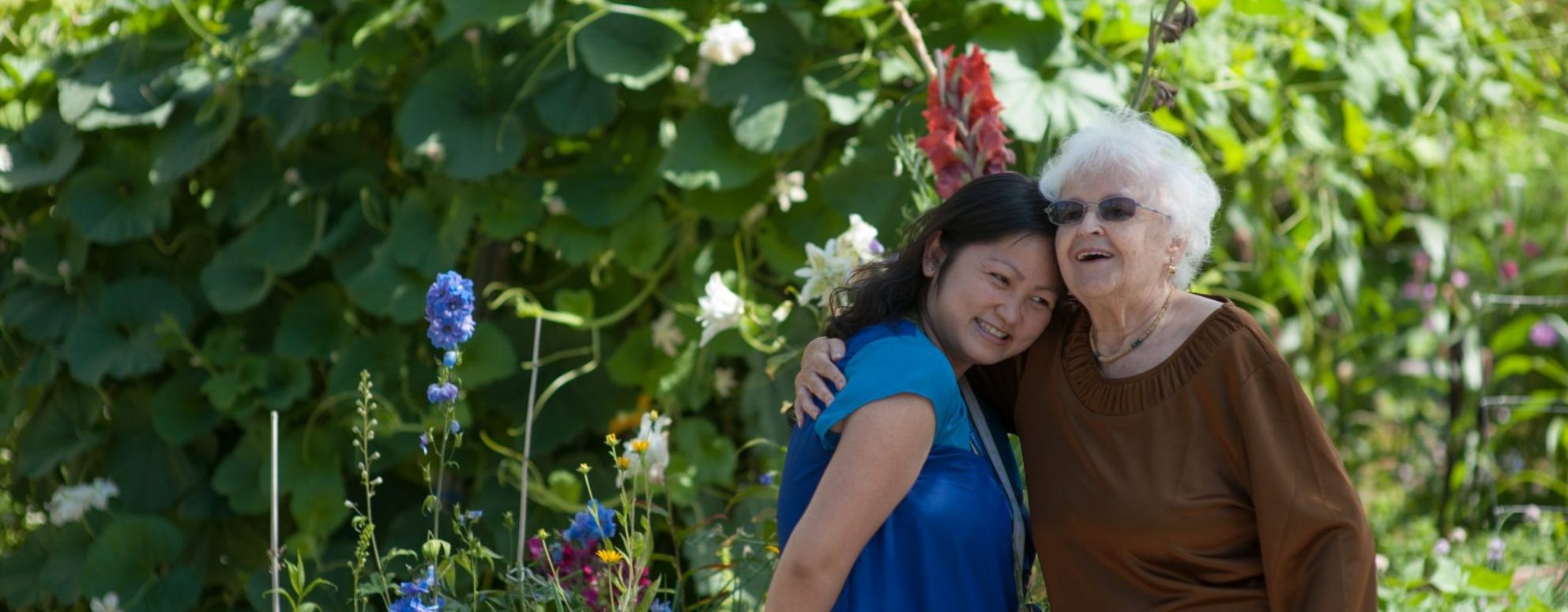Project Description
Developing the next wave of leaders in healthcare
Providence Health & Services
Background
Providence Health & Services is a Catholic network of hospitals, clinics, care centers, physicians, home health care, and housing. It is also the second oldest not-for-profit corporation still in existence in the state of Washington. The organization’s tradition of caring started in 1856 when Mother Joseph of the Sacred Heart and four other Sisters of Providence traveled from Montreal, Canada and arrived in what is now Vancouver, Washington to answer the call for help in a new pioneer community. Three years later the Sisters incorporated their works of charity, creating Providence Health & Services and they went on to establish hospitals, schools and orphanages across the Northwest.
In 2016, Providence Health & Services joined with St. Joseph Health to form Providence St. Joseph Health. The parent organization has more than 120,000 people who serve in 51 hospitals, 829 clinics and provides hundreds of programs and services in Alaska, California, Montana, New Mexico, Oregon, Texas and Washington. The founding Sisters’ noble purpose continues at Providence today, as evidenced in the organization’s mission statement: As expressions of God’s Healing Love, witnessed through the ministry of Jesus, we are steadfast in serving all, especially those who are poor and vulnerable.
Robert Hellrigel serves as the Executive Vice President and Chief Executive of Home and Community Care , a division of Providence Saint Joseph Health. He oversees a range of services that help more than 30,000 people across three states live life to the fullest each day, including home health, hospice, assisted living, skilled nursing, home infusion, supportive housing, PACE and palliative care.
After 30 years in health care - 15 of those years spent with Providence - Mr. Hellrigel reflected on his life’s work, and the type of legacy he was creating. Referencing Bob Dylan’s ‘When I paint my masterpiece’ Hellrigel explained, “I’m not an artist. I’m not a painter. I’m not a musician. I’m a leader. So, what does it mean from a leader’s perspective to paint your masterpiece? My legacy and masterpiece is the relationship to the people I’m leading, and how those people can grow and thrive. Someday when I’m no longer in the organization, the masterpiece is the legacy of what those people can do as a team, what they can continue to grow and take to an even higher level.”
Solution
Over several years, friend and business owner, Dave Sabey brought up The Pacific Institute® (TPI), having partnered with the Institute in the past. Intrigued, Hellrigel embarked upon researching TPI and its team. “It just seemed like a natural fit and they would be perfect for Providence,” commented Hellrigel.
“The conversation I began having with The Pacific Institute was, ‘How do we help people to develop themselves personally?’” Hellrigel continued, “In the sense of Catholic health care, we talk about Providence’s Mission - to reveal God’s love for all. We provide health care and housing, we have hospitals, nursing homes, and home health. But what we really do, is serve as expressions of God’s healing love to others through health care. To have an extraordinary mission statement like that, you want extraordinary people on your team. How do you help to develop people to be the best they can be? Working with The Pacific Institute is an opportunity to really help people identify and explore the personal masterpiece they are trying to create.”
It was important to Hellrigel that the initiative was embraced by the key leaders in his group. July 2015, he began with a small group – his most senior leaders – for a two-day Thought Patterns for High Performance® session. At the end of the two days, Hellrigel noted the comments and the feedback he heard from the team was unlike anything he had ever heard in a work environment before. He recalled, “People felt it was the best experience they’ve had from a personal development perspective. Which speaks volumes because Providence invests a lot in its people.”
When he asked the question, ‘Is everyone willing to sponsor this through their own teams and to bring this out to all of the leaders?’ It was unanimous – they absolutely wanted to move forward in partnering with The Pacific Institute®.
Providence refers to anyone who has been given the sacred responsibility to lead another human being, as a core leader, and all employees are called caregivers. The decision was made to put all the core leaders within Hellrigel’s operating division through the TPI HeadCoach® program - around 300 people.
Outcome
There has already been a tremendous impact so far amongst the groups in Providence, including increases in earnings, retention and revenue. As a result of the positive impact, Hellrigel decided to bring TPI’s Thought Patterns for High Performance® to all of their approximate 8,000 caregivers. This implementation is being led by internal facilitators, certified by The Pacific Institute® to deliver the curriculum.
Some of their impressive results include:
- Earnings increased by 35%
- Earnings increased 60% in Washington operations
- 4% increase in retention in year one
- Increase of 19% net revenue
Health care is a challenging portfolio_category to work in, and the demand for programs, services and exceptional patient care is ever-increasing. To meet those demands, Hellrigel said, “Our most important metric - which dictates our ability to meet the community needs - is the number of caregivers we have. Our ability to attract and retain really great caregivers is the key benchmark for us in everything. That’s the leading indicator for our success.”
As a team, they began to challenge themselves around some of the ‘truths’ they believed regarding caregiver turnover. They started asking themselves what their goal should be. Their goal is to get to the point where they celebrate when somebody leaves the organization, because they are leaving for a great reason. For example, they’re leaving due to a wonderful life event, or to move closer to children or family, or retirement. Hellrigel stated, “But if we lose a caregiver to the competition then we should see that as a failure. What could we have done to prevent it, and how can we make this a better organization? That’s the key to how our leaders are looking at it. When you begin to think about that as your goal it’s amazing how all your behaviors move you toward that goal, and how it changes and drives your culture. That’s the part I am really excited about for our future.”
“We’ve seen our caregiver engagement scores go up considerably in those first programs. We’re seeing the wave. It doesn’t happen overnight – it’s got to be a home-grown process. They go back, they reflect, and they think about what they have experienced. They have a chance to huddle as a team and discuss the commonality in their takeaways. The role of leaders is to say, How do we bring this forward, what does this mean for us, not just personally, but in our roles at work?"
The team has spent a significant amount of time moving from their limiting beliefs to their liberating beliefs, which has resulted in groups of leaders becoming self-reliant and self-sufficient. They are pushing boundaries on past beliefs to see what else they can accomplish to better serve their communities, and because of it, experiencing growth in the number of people they serve and improvement in the turnover of caregivers.
Reflecting on the work that has been done so far, Robert Hellrigel praised his core leaders, “Our caregiver engagement is up because of the work we have done and because of our approach with our caregivers. Having the change in perspective, they’re seeing it themselves. They’re telling me the results are being driven by the work we did together with The Pacific Institute, and the work that they did as a team to follow up.”
Hellrigel concluded by saying, “The plan is to really use this as a personal development program for our caregivers. We love to hire from within. Health care is complicated. Providence is a very large, complicated health care organization too, so if you hire in from the outside it takes people a long time to understand the culture and get up to speed. So, it’s a balance of bringing in new folks and looking for opportunities to develop the talent from within. Bringing in our caregivers now gives us the opportunity to identify the next group of leaders that are direct caregivers, front line folks, that are ready and showing good signs of having leadership skills. The program forces people to do that introspective work, which is the really hard work. The self-reflection and asking yourself, ‘How do you want to live with intentionality?’ ‘What do you want to do with your time here and how are you going to make the most of that?’ It’s a great opportunity to help to develop the next wave of leaders.”






